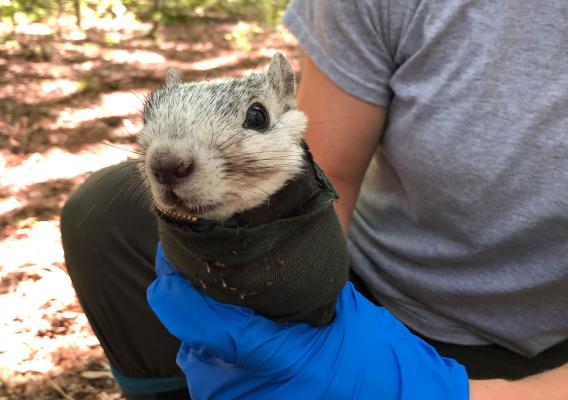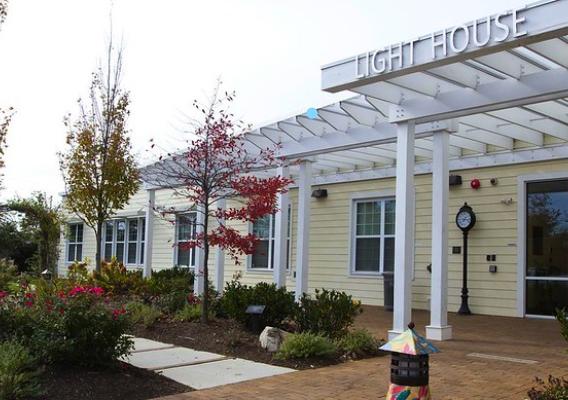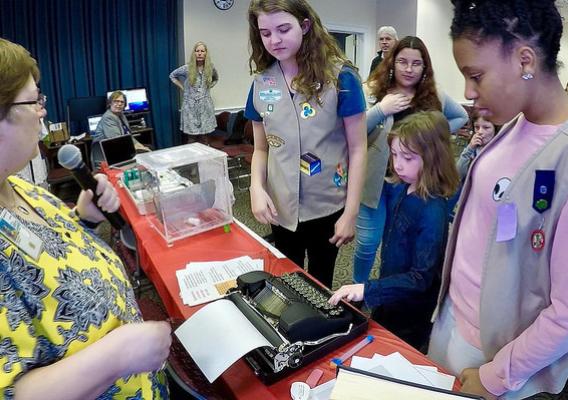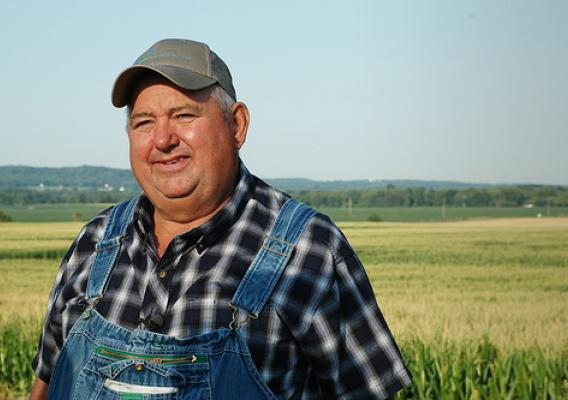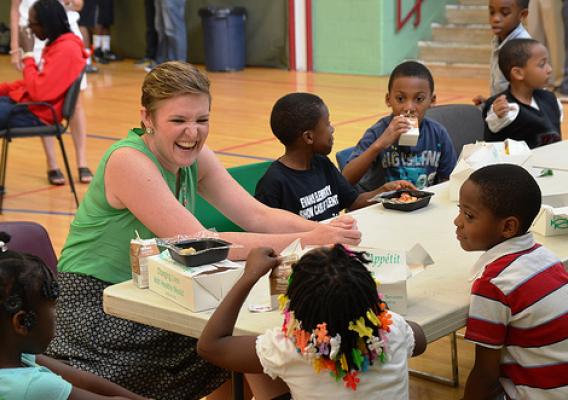Looking back at USDA’s efforts to help rural America thrive, I am truly proud of the impact our diverse partners, both from faith and secular communities, have had within their communities. On behalf of the USDA Center for Faith-Based and Neighborhood Partnerships, I would like to say thank you to our partners these past eight years as well as reflect on a few notable highlights of the work we have achieved together.
USDA touches the lives of all Americans every day, whether they realize it or not. While our programs to reduce food insecurity are well known, our nation’s most vulnerable citizens can still be hard to reach. Faith-based and community partners have been especially helpful in this area, particularly when it comes to feeding children in summer months, when school is out of session. In collaboration with many partners, including Catholic Charities USA, the Church of God in Christ, Islamic Relief USA, the National Baptist Convention and the Salvation Army, USDA increased the number of summer meals served to kids by 16% between 2009 and 2015, a total of more than 1.2 billion summer meals served when school is out and food is scarce.


